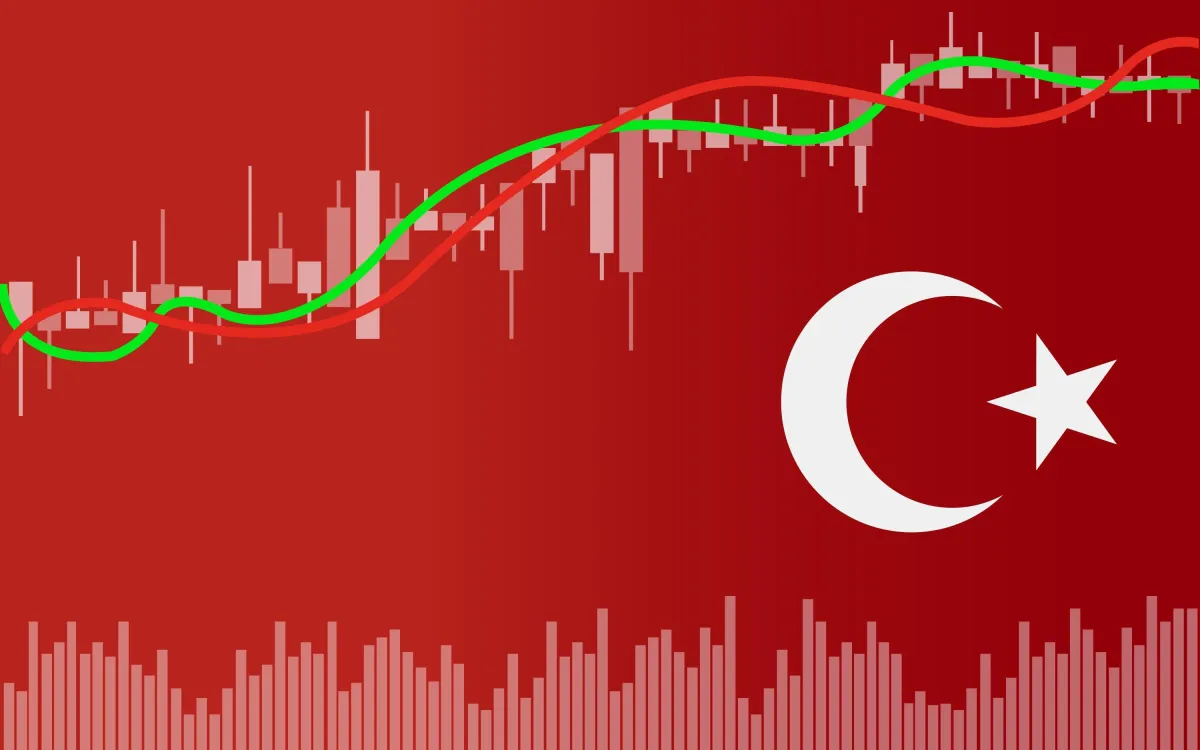Blogs
Blogs

The Current State of Turkey Economy
Turkey's economy and stability have historically been fluctuating, influenced by various internal and external factors.
This volatility has directly impacted the real estate market.
The Turkish real estate market has generally shown resilience, with growth in certain periods. However, economic instability, inflation, and currency fluctuation have often affected market dynamics. The housing market, a significant segment of this market, has seen varying degrees of demand and supply imbalances, with periods of rapid construction and development followed by slowdowns.
Government policies in Turkey have played a pivotal role in shaping the housing market.
Historically, these policies have included incentives for developers, tax reductions, and initiatives to boost foreign investment. Recently, the government has focused on sustainable development, urban renewal projects, and easing foreign investment regulations.
This has included simplifying the property buying process for foreigners and offering citizenship for significant investments in real estate.
Significant events impacting the market include the 2001 economic crisis, which led to a market downturn, and the more recent currency fluctuations which have made Turkish real estate more attractive to foreign investors due to the lower cost in foreign currency terms.
Another notable event was the introduction of the law in 2012 that allowed citizens of more countries to buy property in Turkey, significantly boosting foreign investment.
Recently, there have been regulatory changes aimed at streamlining the buying process and promoting foreign investment
These include amendments in property registration, taxation, and citizenship by investment programs. However, complexities in land registry laws and zoning regulations still exist.
Turkey has become an attractive destination for real estate investment, especially among Middle Eastern investors. The reasons include relatively affordable property prices, a favorable climate, and historical and cultural appeal. Popular areas for investment include Istanbul for its cosmopolitan appeal, Antalya for its coastal properties, and Bursa for its historical significance and natural beauty.
Residential properties, along with commercial real estate like hotels and shopping centers, are highly sought after.
Specific incentives for foreign investors include the possibility of obtaining a residency permit or citizenship, a relatively simple purchasing process, and the potential for rental income and capital appreciation. However, drawbacks include the potential for legal complexities, the impact of currency fluctuations on investment value, and the need to navigate a different business culture and legal system.
Comparing real estate prices in Turkey to neighboring or similar countries, they are generally more affordable, offering better value for money, particularly in terms of larger properties or those in prime locations.
However, this varies depending on the region and property type.
The legal framework surrounding real estate investment in Turkey has been evolving towards greater transparency and efficiency. However, challenges remain in terms of bureaucratic processes and ensuring clear title deeds.
Prospective investors are advised to conduct thorough due diligence and possibly engage local legal expertise to navigate these complexities.

©2024 Turkiye Homes. All rights reserved
Call us now : +442039511595